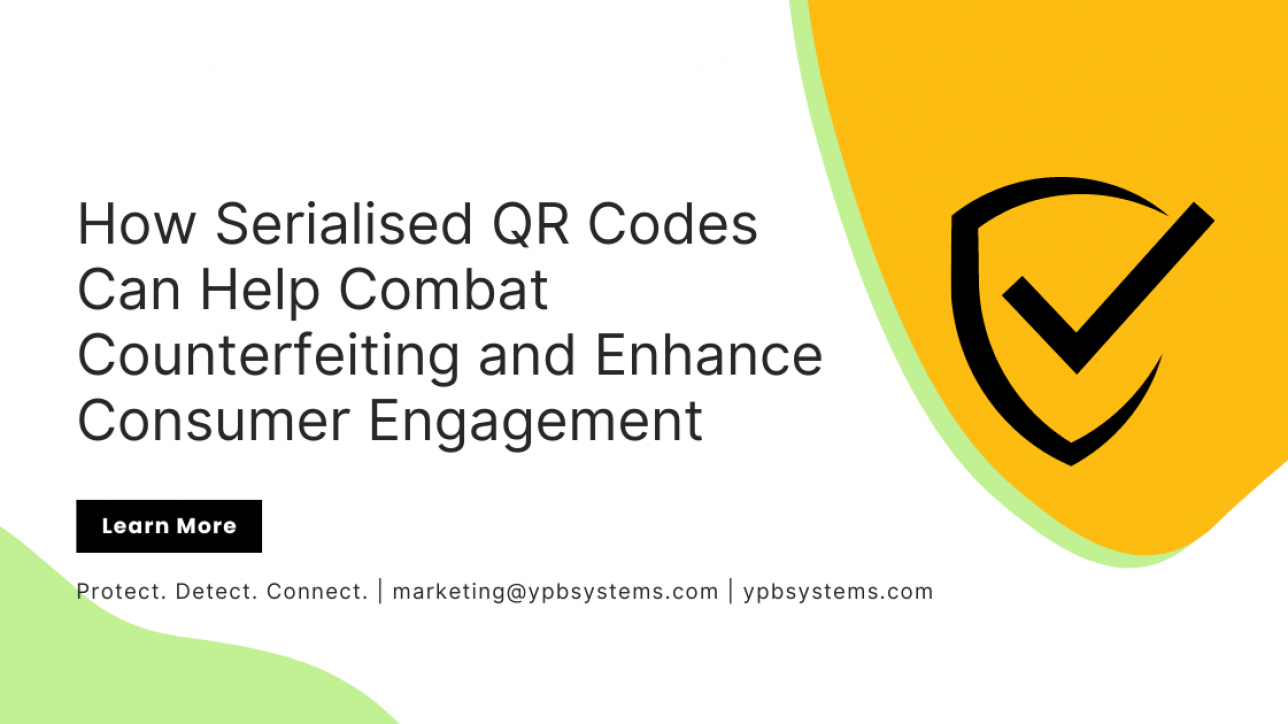In today’s global marketplace, counterfeiting is a major issue for businesses and consumers alike. Counterfeit products not only pose a serious threat to public health and safety but also undermine the trust and reputation of legitimate brands. To combat counterfeiting, companies are increasingly turning to anti-counterfeiting and consumer engagement technologies, such as serialised QR codes. This article explores how serialised QR codes can help combat counterfeiting and enhance consumer engagement, and delves into some of the specific applications of serialised QR codes across various industries.
What are Serialised QR Codes?
Serialised QR codes are unique codes that are generated and assigned to individual products during the manufacturing process. These codes can be read by scanning the QR code with a smartphone or other mobile device, which takes the user to a web page or app that provides information about the product. Serialised QR codes are an effective way to combat counterfeiting because they make it easy for consumers to verify that a product is genuine.
Combatting Counterfeiting
One of the key benefits of serialised QR codes is that they allow companies to combat counterfeiting. By providing a unique code for each product, companies can verify the authenticity of their products throughout the supply chain. This helps companies to ensure that their products are not being diverted or counterfeited. Serialised QR codes also make it easy for consumers to verify the authenticity of a product before making a purchase, thus reducing the demand for counterfeit products.
Serialised QR codes are particularly effective in industries where counterfeit products pose a significant safety risk. For example, in the pharmaceutical industry, counterfeit drugs can cause serious harm to patients. Serialised QR codes can be used to verify that the drugs are genuine and have not been tampered with. This helps to ensure patient safety and builds trust in the pharmaceutical brand.
In the fashion industry, counterfeit luxury goods can damage the reputation of the brand and lead to lost revenue. Serialised QR codes can be used to verify the authenticity of luxury goods, such as handbags and watches, and provide information about the materials and craftsmanship used to create the product. This not only reduces the demand for counterfeit goods but also helps to build trust and loyalty among consumers.
Enhancing Consumer Engagement
Serialised QR codes can also be used to enhance consumer engagement. By providing information about a product through a QR code, companies can improve the consumer experience and build trust and loyalty. For example, a food company could provide information about the ingredients and nutritional value of a product, while a beauty brand could provide information about the benefits and application of a skincare product.
Serialised QR codes can also be used to track products throughout the supply chain, giving consumers greater visibility into the origin and authenticity of a product. This is particularly important in industries where supply chain transparency is a key concern, such as the food and beverage industry. Serialised QR codes can be used to provide information about the origin of the product, the farming practices used to produce it, and the journey the product took from farm to table. This helps to build trust and loyalty among consumers who are concerned about the environmental and ethical impact of the products they consume.
Marketing Purposes
In addition to tracking products and providing information to consumers, serialised QR codes can also be used for marketing purposes. By including a QR code on packaging or in advertisements, companies can encourage consumers to scan the code and engage with their brand. For example, a food company could use a QR code to provide recipes and cooking tips, while a fashion brand could use a QR code to showcase its latest collection. This not only increases consumer engagement but also helps to drive sales.
Security Measures
While serialised QR codes are a powerful tool for combating counterfeiting and engaging with consumers, they are not foolproof. Counterfeiters may attempt to replicate or forge serialised QR codes, which is why it’s important for companies to implement additional security measures. One such measure is to use secure QR code generators, which use encryption to generate codes that are much harder to replicate. Additionally, companies can use tamper-evident packaging to make it more difficult for counterfeiters to replicate the packaging and QR code.
Conclusion
Serialised QR codes are a powerful tool for combating counterfeiting and enhancing consumer engagement. By providing a unique code for each product, companies can verify the authenticity of their products throughout the supply chain and reduce the demand for counterfeit goods. Serialised QR codes also provide a platform for companies to provide information to consumers about their products, track products throughout the supply chain, and encourage consumer engagement. While serialised QR codes are not foolproof, implementing additional security measures such as secure QR code generators and tamper-evident packaging can help to make them more effective in combatting counterfeiting. As counterfeiting continues to be a major issue in the global marketplace, serialised QR codes are a valuable tool for businesses looking to protect their brands and build trust with consumers.

